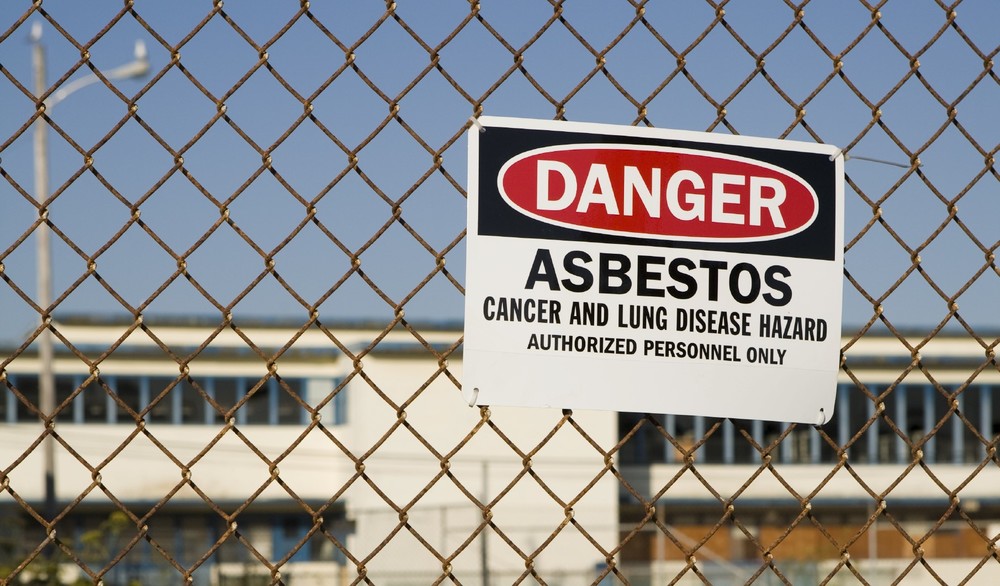EagleBio’s Calretinin ELISA Assay Kit was recently used in a study for the detection of malignant mesothelioma. This assay is a part of our Cancer Biomarker Kit line which is comprised of unique,versatile set of products for a variety of applications, research, and fields of study. Check out the product pages for full details on the kit or view the links below to find a new publication referencing our Calretinin ELISA Assay Kit.
Johnen, G., Gawrych, K., Raiko, I,. et al. “Calretinin as a blood-based biomarker for mesothelioma.” BMC Cancer. (2017) Vol. 17:386
“Concentrations of calretinin in plasma and serum samples were determined as described. In brief, a 1:1500 dilution of purified rabbit polyclonal anti-calretinin was used as capture antibody and a 1:5000 dilution of biotinylated polyclonal anti-calretinin as detection antibody. Samples (plasma or serum) were diluted 1:5 in Tris-buffered saline supplemented with 5 mM CaCl2. A volume of 100 μl of a diluted sample was used for each determination. Calretinin concentrations were determined from a standard curve of human purified recombinant calretinin diluted between 10 and 0.08 ng/mL run in parallel on each plate. All determinations of calretinin were performed in the laboratory of the IPA.” Read More.















